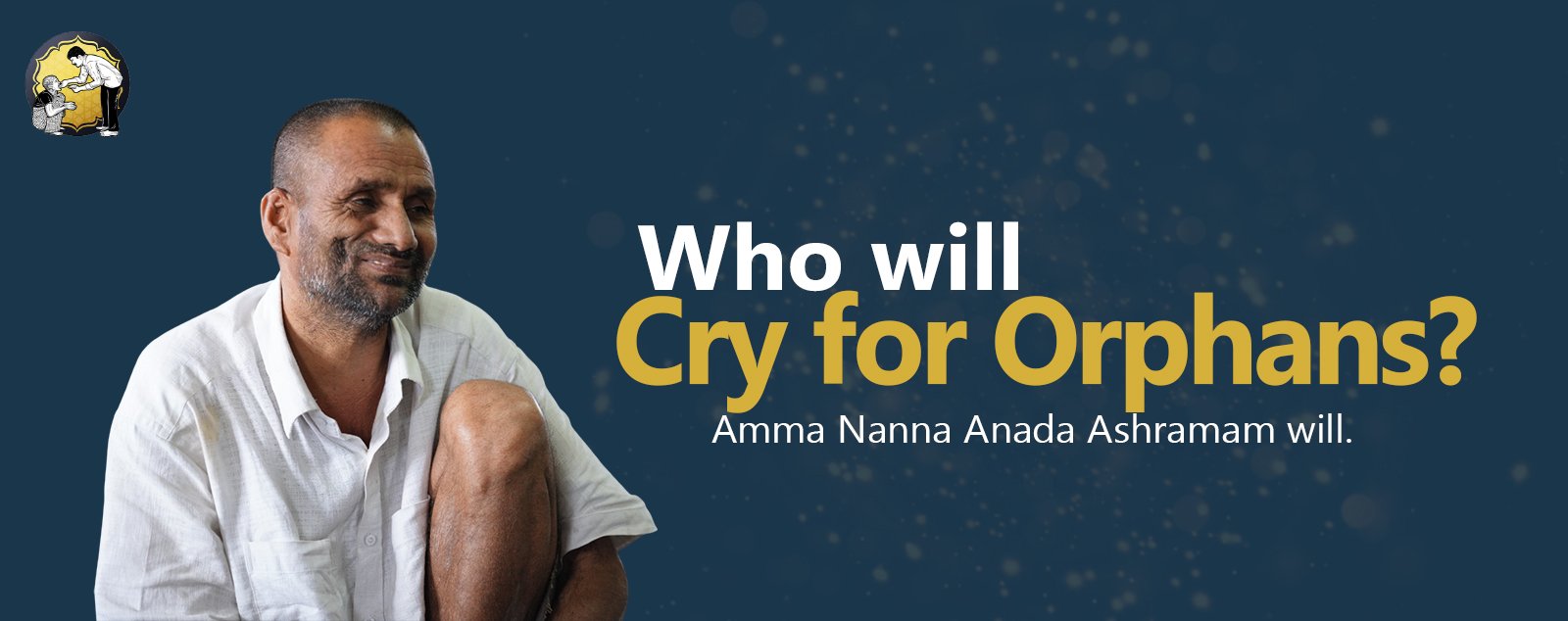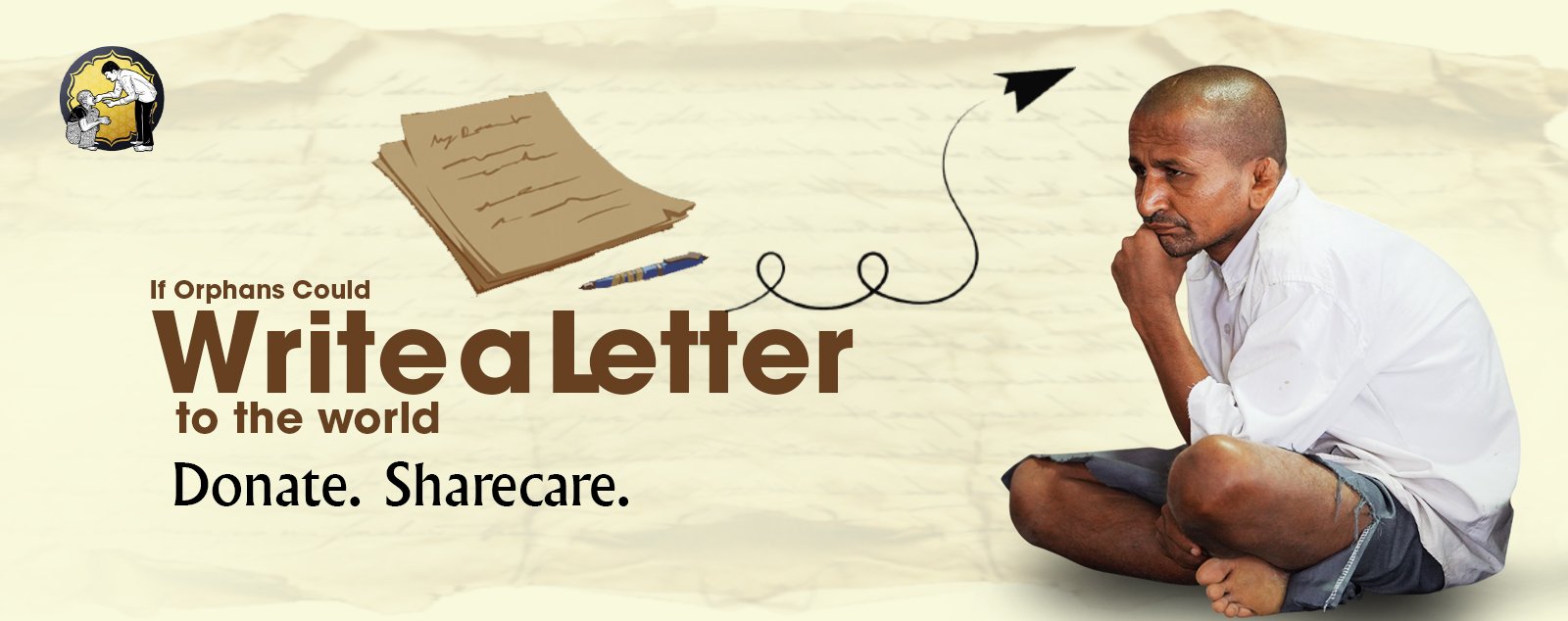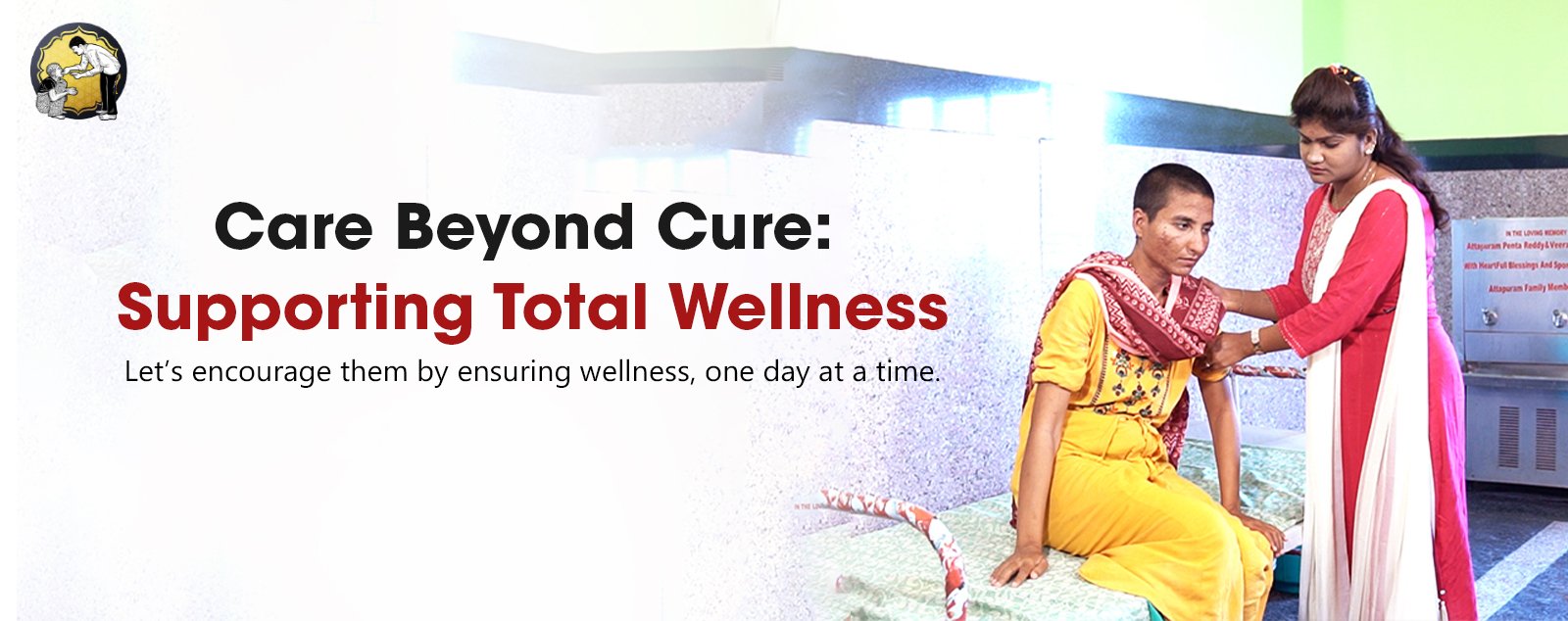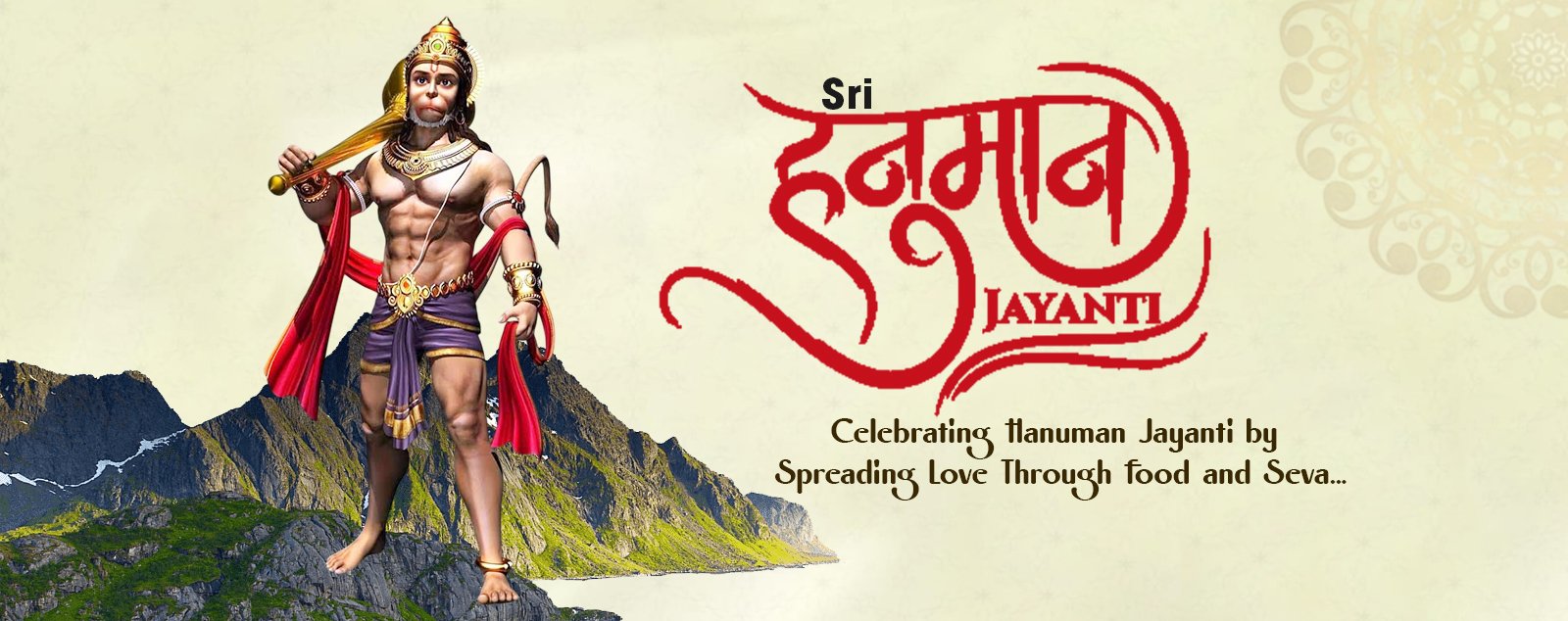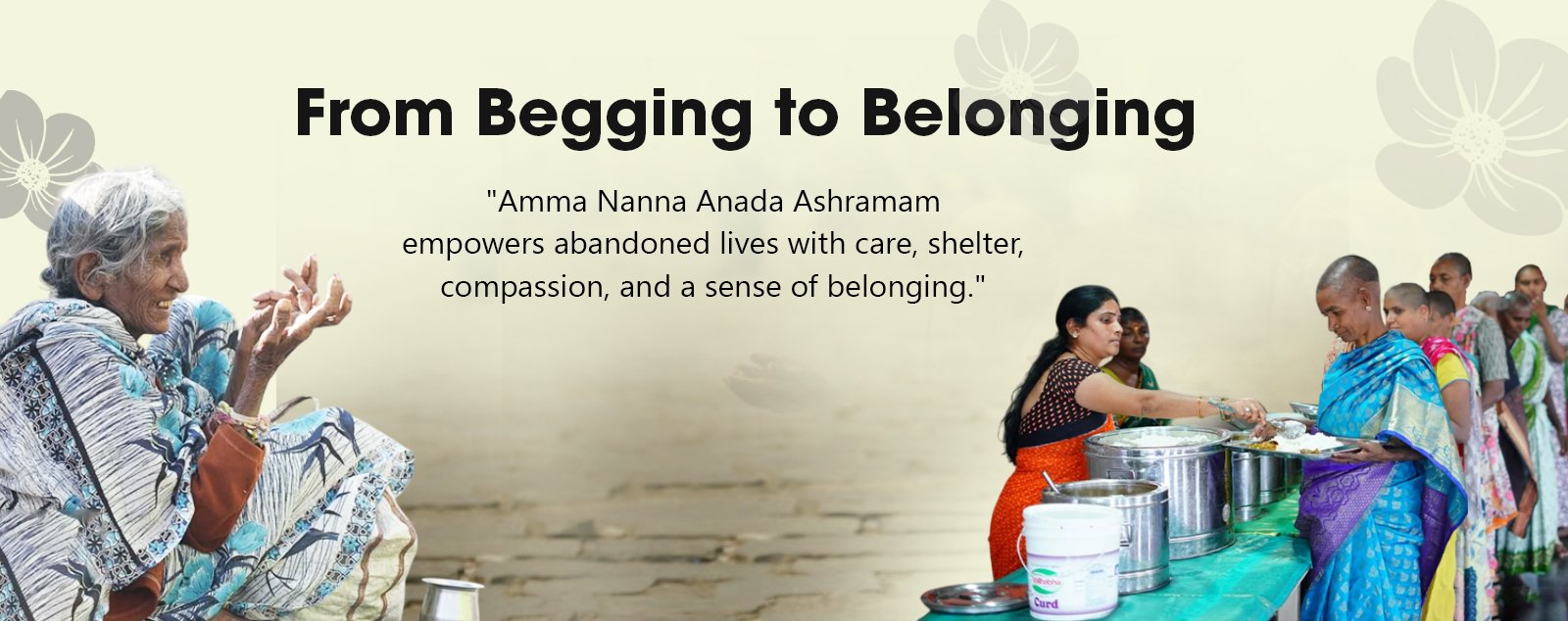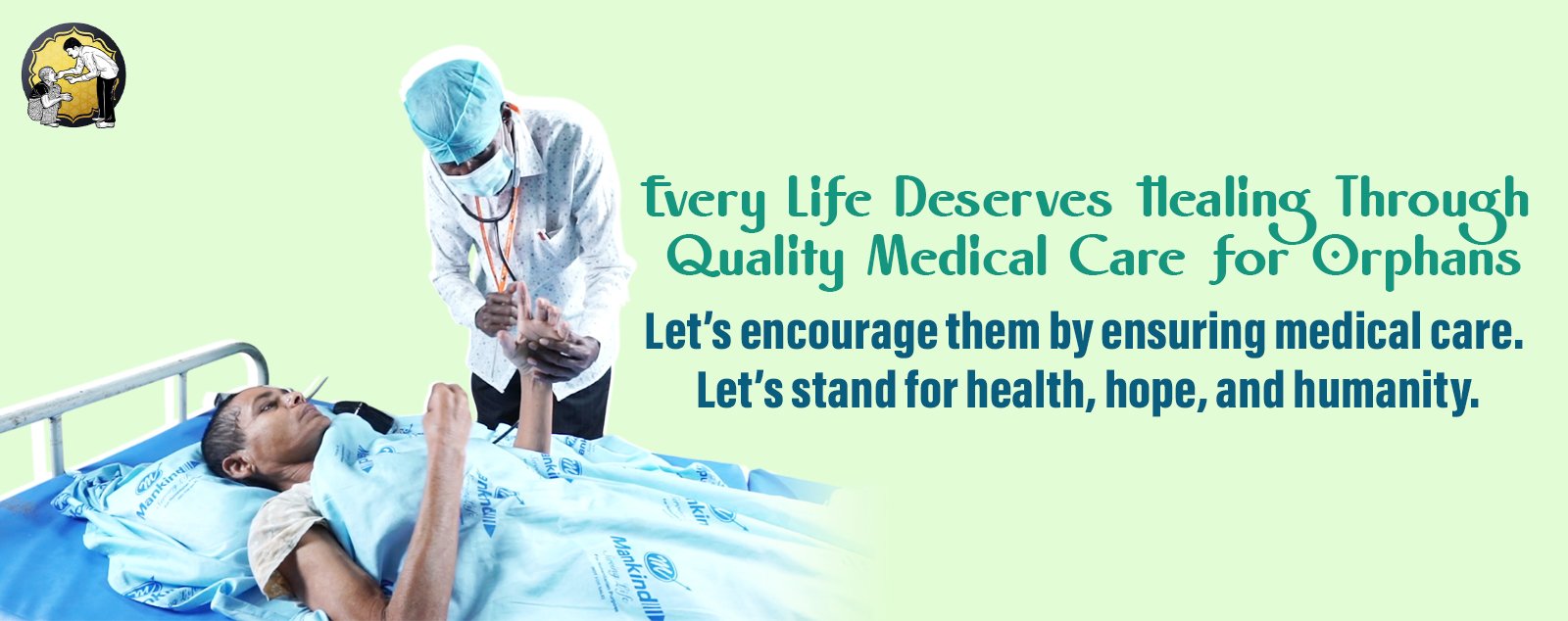- News
- News Blog
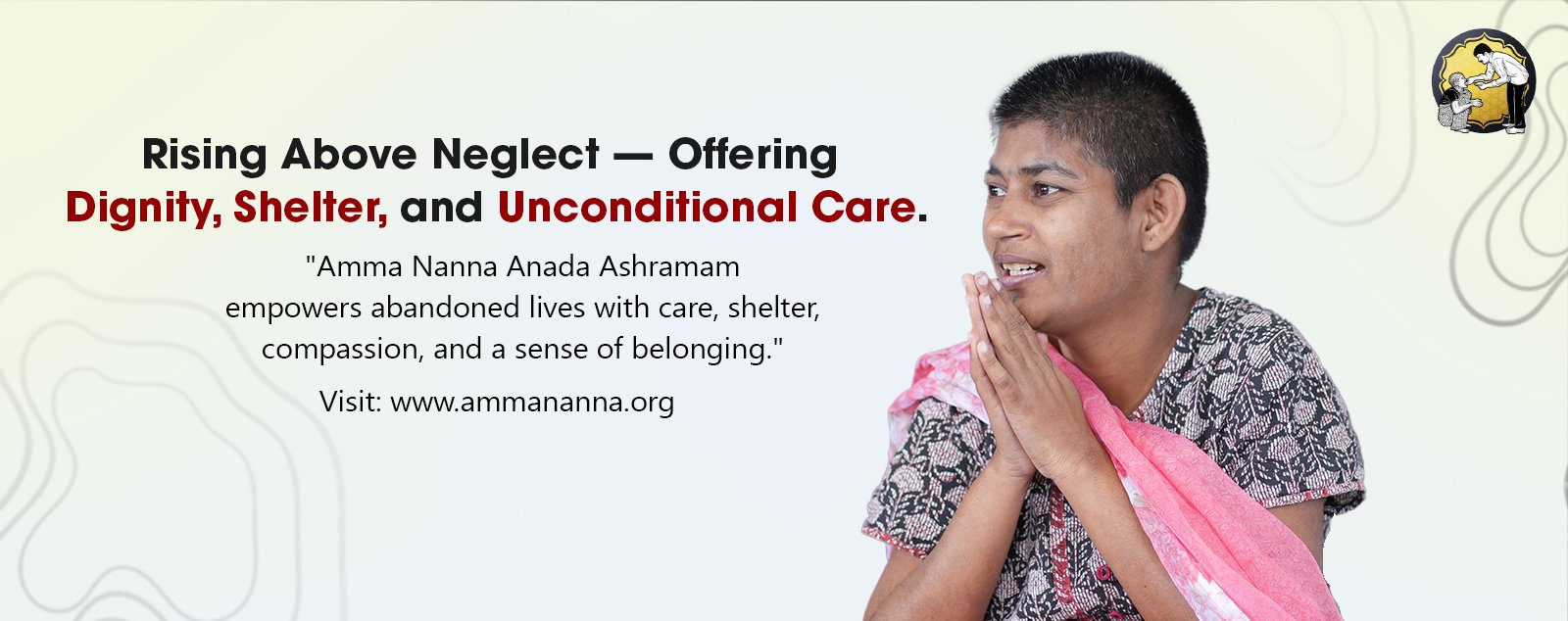
What is the Outlook for Mentally Challenged Orphans in India
Rising Above Neglect Offering Dignity, Shelter, and Unconditional Care.
In a country as vast and diverse as India, the silent struggles of mentally challenged orphans remain one of the most neglected humanitarian issues. With little to no family support, no access to structured care, and minimal societal awareness, their lives are often spent in the shadows. But amid this harsh reality, organizations like Amma Nanna Anada Ashramam are stepping in to offer not just shelter — but dignity, compassion, and hope.
The Invisible Population
Mentally challenged orphans represent a deeply vulnerable segment of society. Most are found abandoned on streets, railway stations, or hospital corridors — often due to poverty, stigma, or sheer helplessness of their families. Their mental condition becomes a double disadvantage: first, as orphans, and second, as individuals with special needs.
Public shelters and state-run orphanages, where available, are often overcrowded and unequipped to deal with behavioral or cognitive disabilities. Many of these individuals live without proper medication, hygiene, or emotional care.
Challenges They Face
Lack of Specialized Care:
Most shelters aren’t designed for mentally challenged individuals. Trained caregivers, therapists, or psychiatrists are rare in government homes.Stigma and Social Rejection:
Even among the orphan community, those with mental disabilities are often isolated. They are viewed as burdens or feared due to misconceptions.No Access to Education or Skills:
Without personalized learning environments or special educators, they are denied opportunities for development or rehabilitation.Vulnerability to Abuse:
Neglected and voiceless, they are at high risk of physical, emotional, or even sexual abuse — especially in unregulated institutions.
Also Read: Why Orphans Deserve Quality Medical Care
A Different Approach: Amma Nanna Anada Ashramam
At Amma Nanna Anada Ashramam, we believe every life matters — regardless of mental ability, background, or status. Our home is a sanctuary for hundreds of mentally challenged orphans who have nowhere else to go.
Here’s what makes our approach different:
Round-the-Clock Care
Trained caregivers and volunteers provide daily support, hygiene, and supervision to meet both physical and emotional needs.Serving Nutritious Food
We ensure regular, healthy meals that not only satisfy hunger but also support mental and physical well-being.Clean and Safe Shelter
Our ashram offers a peaceful, safe environment where residents can live without fear or neglect.Community and Compassion
More than just a shelter, Amma Nanna is a family. We celebrate festivals, conduct prayers, and create moments of joy — because healing happens through love.Spiritual Support
With the construction of the Sri Punyalingeswara Swamy Temple, we create a spiritual space that adds meaning and peace to their lives.
What Lies Ahead?
The outlook for mentally challenged orphans in India depends largely on society’s willingness to care. Government policies are evolving, but community-driven, ground-level efforts are still the backbone of meaningful change.
We envision a future where:
No mentally challenged orphan is left on the roadside.
Every individual is treated with dignity, not pity.
Shelters across India adopt inclusive, loving models like Amma Nanna.
Frequently Asked Questions (FAQs)
Q1: Who are considered mentally challenged orphans?
A: Mentally challenged orphans are individuals without parental care who have cognitive, developmental, or mental disabilities requiring special attention and care.
Q2: Why are mentally challenged orphans particularly vulnerable in India?
A: They face multiple layers of neglect — abandonment due to disability stigma, lack of specialized care in orphanages, social isolation, and vulnerability to abuse.
Q3: What challenges do mentally challenged orphans face in government or public shelters?
A: Most public shelters lack trained caregivers, special educators, proper medication, and emotional support tailored for their needs.

